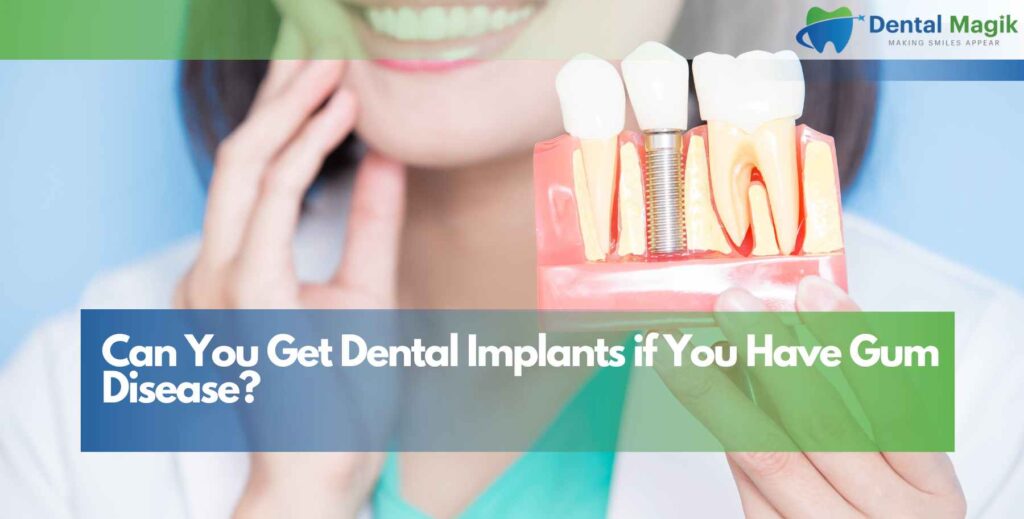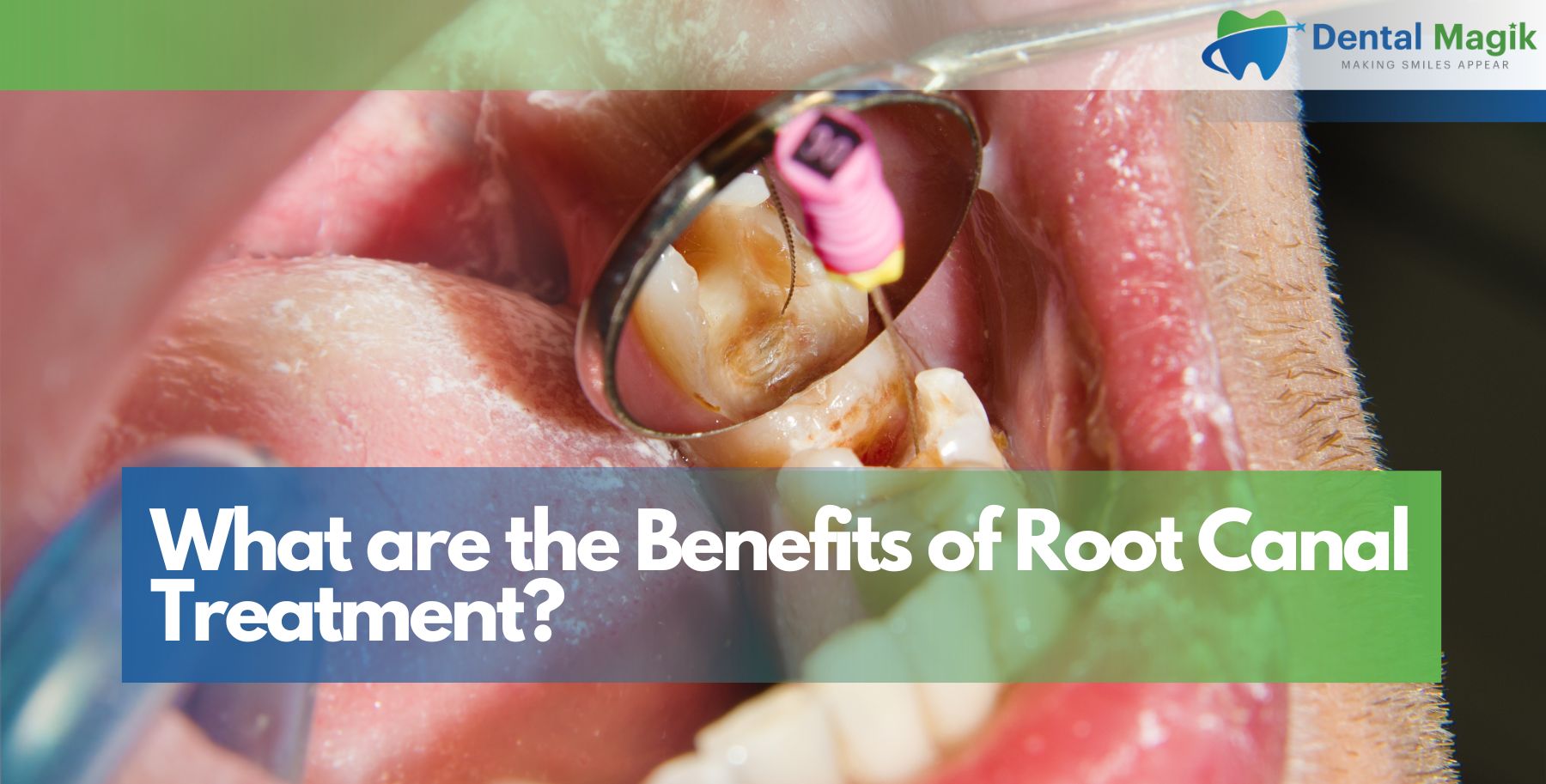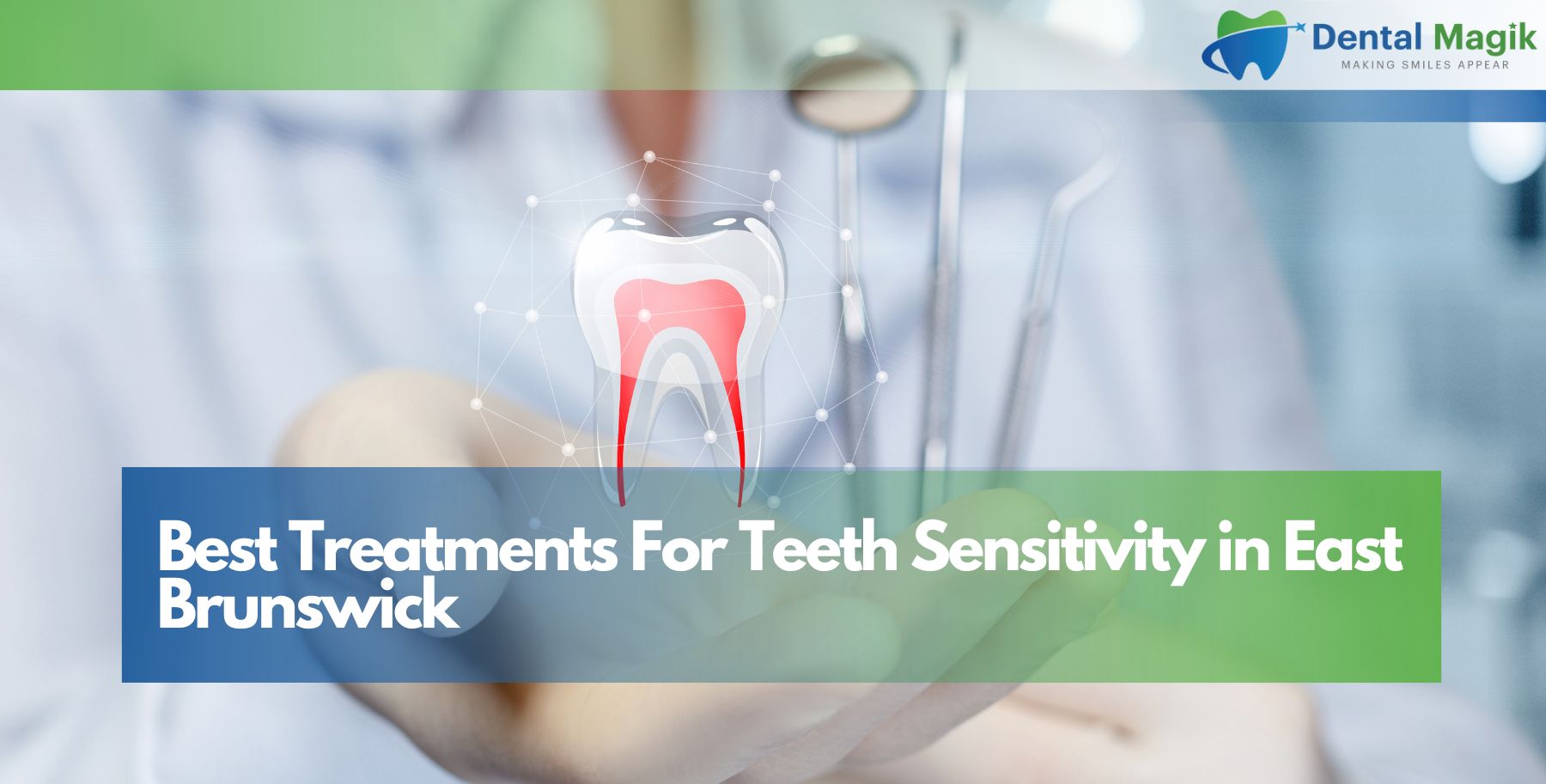Dental implants are a revolutionary solution for replacing missing or damaged teeth, providing patients with a permanent, natural-looking alternative. However, when considering dental implants, one question that often arises is whether people with gum disease are suitable candidates for the procedure. Gum disease, also known as periodontal disease, can affect the gums, bone structure, and overall oral health, potentially complicating the implant process. But can you get dental implants if you have gum disease? We explore the relationship between gum disease and dental implants, helping you make an informed decision.
Understanding Dental Implants
Before delving into the specifics of gum disease and dental implants, it’s important to understand what dental implants are and how they work. A dental implant is a titanium post that serves as a replacement root for a missing tooth. The implant is surgically placed into the jawbone, where it fuses with the bone through a process called osseointegration. Once the implant has fully integrated with the bone, a crown, bridge, or denture is attached to complete the restoration.
Dental implants offer numerous benefits over other tooth replacement options, including:
- Natural appearance and feel
- Durability and longevity (with proper care, they can last a lifetime)
- Improved chewing and speech ability
- Preservation of jawbone structure
Given these advantages, many people are eager to pursue dental implants. But what if you have gum disease? Is it still possible?
The Impact of Gum Disease on Oral Health
Gum disease is an infection of the tissues that surround and support your teeth. It begins as gingivitis, characterized by swollen, bleeding gums. If left untreated, it can progress into periodontitis, a more severe form of gum disease that can lead to tooth loss, bone deterioration, and other serious oral health issues.
Gum disease can significantly impact the success of dental implants. Healthy gums and bone structure are essential for the stability and longevity of implants. When gum disease is present, it can cause the following problems:
- Loss of bone density: Periodontitis can cause the jawbone to recede, reducing the amount of bone available to support an implant.
- Weakening of gum tissues: Infected gums may not be able to provide the necessary support for an implant.
- Increased risk of implant failure: The infection associated with gum disease can interfere with osseointegration, preventing the implant from properly fusing with the jawbone.
Can You Get Dental Implants with Gum Disease?
The short answer is yes, you can get dental implants if you have gum disease—but only if the gum disease is treated and your oral health is restored to a healthy state. If you have gum disease, it’s important to seek treatment from a dental professional before proceeding with dental implants.
Here’s a breakdown of what you need to know:
Treating Gum Disease First
The key to successfully receiving dental implants with a history of gum disease is treating the gum infection and ensuring that the mouth is healthy before implant placement. Treatment for gum disease may involve:
- Deep cleaning: A procedure called scaling and root planing is often used to remove plaque and tartar from the surfaces of the teeth and beneath the gums. This helps eliminate infection and reduces inflammation.
- Antibiotics: In some cases, oral or topical antibiotics may be prescribed to control the bacterial infection.
- Surgical intervention: In advanced stages of gum disease, surgical procedures such as gum grafts or pocket reduction surgery may be needed to restore the health of the gums and bone.
Once the gum disease is successfully treated and the infection is cleared, your dentist or oral surgeon will evaluate your oral health to determine whether you are a good candidate for dental implants.
Bone Grafting to Restore Bone Structure
If gum disease has caused significant bone loss, your dentist may recommend a bone grafting procedure. Bone grafting involves taking bone material from another part of your body (or using synthetic bone material) and adding it to the affected area of your jawbone. This procedure helps restore bone density and volume, providing a stable foundation for dental implants.
In some cases, a procedure called sinus lift surgery may be performed for implants in the upper jaw, or ridge augmentation may be needed to rebuild the jawbone structure. These procedures can be critical for ensuring that your implants have the support they need to succeed.
Gum Health and Ongoing Maintenance
Once your implants are placed and osseointegration is complete, maintaining healthy gums is essential for the long-term success of your implants. Regular dental check-ups and cleanings are crucial to keep gum disease from reoccurring. If gum disease develops again after the implants are placed, it can increase the risk of implant failure.
Patients who have had gum disease should be particularly vigilant about their oral hygiene. This includes:
- Brushing your teeth twice daily with fluoride toothpaste
- Flossing daily to remove plaque between teeth and around implants
- Regular professional cleanings to remove tartar and check for signs of gum disease
- Avoiding smoking, which can contribute to gum disease and negatively affect healing
The Process of Getting Dental Implants with Gum Disease
If you live in East Brunswick or the surrounding areas, and you’re considering dental implants in East Brunswick the first step is to consult with a skilled periodontist or implant specialist. Here’s what the process typically looks like:
Consultation and Evaluation
During your initial consultation, the dentist will evaluate the severity of your gum disease and the condition of your teeth, gums, and jawbone. They will perform a thorough examination, which may include X-rays or 3D imaging to assess bone density. If gum disease is present, the dentist will recommend a course of treatment to address the infection before proceeding with implant placement. In some cases, it may take several months to fully treat the gum disease and restore your oral health.
Treatment of Gum Disease
Once the gum disease is treated, your dentist will monitor your oral health to ensure the infection has been cleared. If necessary, bone grafting or other restorative procedures may be performed to ensure that your jawbone is strong enough to support implants.
Implant Placement Surgery
Once your gums and jawbone are healthy, the dental implant surgery can proceed. This procedure typically involves local anesthesia to numb the area. The implant will be placed into the jawbone, and the healing process begins. Depending on your case, it may take several months for the implant to fully fuse with the bone.
Crown Placement
Once the implant has successfully integrated with the bone, a custom-made crown or bridge is placed on top of the implant to restore your tooth’s function and appearance. At this stage, you’ll be able to enjoy the full benefits of your dental implants.
Risks of Getting Dental Implants with Gum Disease
While it’s possible to get dental implants after gum disease is treated, there are risks involved. These risks include:
- Infection: Any surgical procedure carries a risk of infection. However, the risk can be minimized with proper hygiene and post-surgical care.
- Implant failure: If the implant does not fuse with the bone properly (a process called osseointegration), it may fail. This can be more common in patients with a history of gum disease.
- Gum recession: If gum disease has caused significant recession, it may be difficult to achieve the ideal gum contour around the implant.
To reduce these risks, it’s crucial to follow your dentist’s recommendations for pre-surgery care, healing, and long-term maintenance.
Conclusion
In summary, Dental implants in East Brunswick, NJ, can be a viable option for patients who have had gum disease—provided that the gum disease is successfully treated and your oral health is restored to a healthy state. With the right treatment, such as deep cleaning, bone grafting, and proper post-operative care, dental implants can provide a long-lasting and natural solution to tooth loss. If you’re considering dental implants and have a history of gum disease, consult a Dentist in East Brunswick, NJ, who specializes in implant dentistry. They will help guide you through the process, ensuring that your gums and bone structure are in optimal condition before moving forward with implants. By following a comprehensive treatment plan, you can enjoy the benefits of dental implants for years to come.







